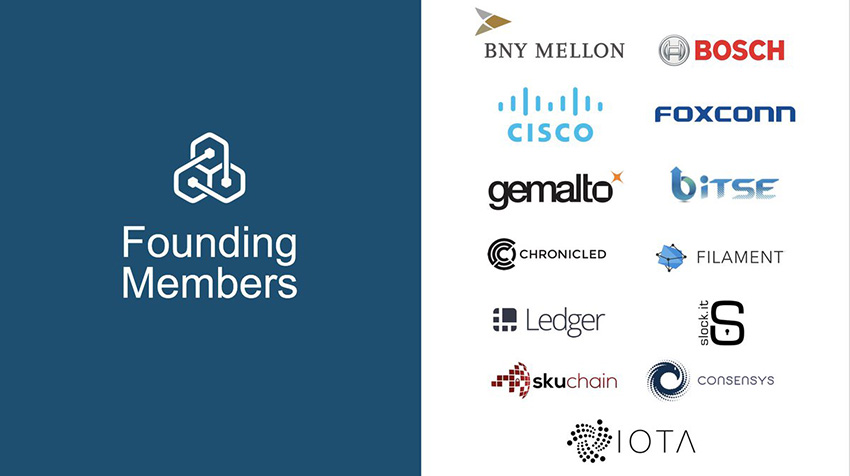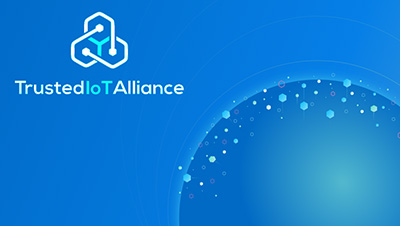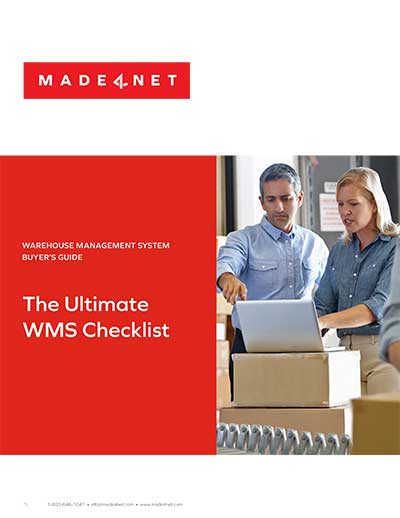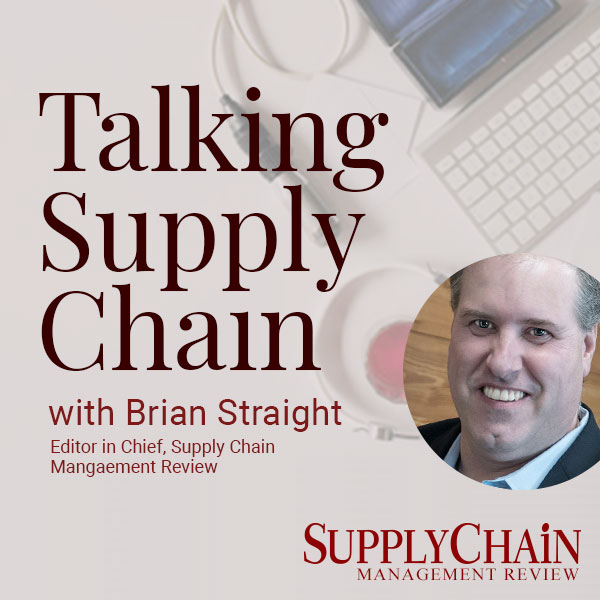Earlier this week Bosch, BNY Mellon, Cisco, Gemalto, U.S. Bank along with Bitse, Chronicled, ConsenSys, Ledger, Skuchain, Slock.it, HCM International of Foxconn Group, IOTA, Oaken Innovations, Qtum, Chain of Things, Big Chain DB announced the official launch of the Trusted IoT Alliance, a group of companies united to catalyze the development of a blockchain- enabled, trusted Internet of Things (IoT).
The mission of the Trusted IoT Alliance is to bring companies together to develop and set the standard for an open source blockchain protocol to support IoT technology in major industries worldwide.
The Alliance offers an inclusive membership model and annual events to connect Fortune 5000 enterprises, software developers, and blockchain technology companies. Its membership is focused on “working together to advance IoT and blockchain” by leading pilots, publishing open source code, and coordinating standards and reference architecture. Members of the group have already published a common API to register ‘things' to both Hyperledger and Enterprise Ethereum blockchain networks.
The Alliance plans to fund small grants to support open source development and is reviewing proposals from IoT and blockchain technologists.
Key Facts:
- Founding members of the Trusted IoT Alliance have been cooperating informally since December 2016.
- For more than a decade, enterprise technology companies have worked to develop standards for IoT security, interoperability, scalability, and identity. Proprietary technology and competing interests made a truly open network difficult to develop. Open source is widely recognized as the solution to the development of robust IoT standards. However, organizing consortia between major industry players is complex. The Trusted IoT Alliance is a solution to both technological standards and the problem of collaboration between Fortune 5000 and startup companies.
- The Alliance will house intellectual property and open-source tools and standards that support trusted digital identities for IoT-connected products. These tools and standards will allow enterprises to represent physical world “things” and “event logs” on a decentralized blockchain system.
- The goal of the Alliance is the creation of a trusted IoT ecosystem that links cryptographic and registrant identities, along with metadata, to give objects the equivalent of digital, transferable “birth certificates,” that can be inventoried and managed across blockchain networks.
- An object or “thing” could be an internet-connected machine or product, ranging from a car to a drone, package, sneaker, lithium-ion battery, or energy meter. On top of this trusted IoT platform, the group sees potential to automate business logic through smart contracts and building a thriving Machine-2-Machine economy.
- The Alliance is blockchain agnostic and will support integration across any open source enterprise blockchain or distributed ledger technology platform that has potential to become a backend for widespread commercial and industrial adoption. The Alliance aims to foster interoperability and interworking across blockchain platforms, applications, and in doing so remove barriers to broad scale adoption of blockchain technology.

The Trusted IoT Alliance has named Zaki Manian, a Co-Founder of Skuchain, as the organization's executive director with current operating board member roles held by representatives of the other founding member companies: Bosch, Chronicled, Cisco, and Gemalto.
Anoop Nannra, a Board Member of the Trusted IoT Alliance and the head of the Blockchain Initiative at Cisco, told SCMR in an interview that the Alliance will be creating several working groups to expand on a number of these use cases, and develop the necessary common tool set to accelerate adoption of the technology in this space.
“There are many uses of blockchain technology in the supply chain space. Several of our members are actively pursuing use cases that drive down risk, and operational complexity leveraging the trust through transparency that blockchain technology delivers.” He says. “However, we are also seeing net new business and monetization models emerge.”
SC
MR


More IoT
- Tips for CIOs to overcome technology talent acquisition troubles
- Maximizing Return on Innovation Investment: 6 Ingredients for Success
- Global IoT spend by logistics market to top $114 billion by 2032
- Industrial IoT market to reach $1.3 trillion by 2032
- Security and privacy concerns prevent effective use of IoT data
- Gaining Crucial Business Insights Through Supply Chain IoT
- More IoT
Latest Resources

 Explore
Explore
Software & Technology News
- Humanoid robots’ place in an intralogistics smart robot strategy
- Tips for CIOs to overcome technology talent acquisition troubles
- Game on: Rethinking change management for the digital era
- Predicting stockouts: Enhancing FMCG resilience through data-driven insights
- Top Performers Investing in, Benefitting from AI
- Electronics Supply Chain Seeks Balance in 2024
- More Software & Technology
Latest Software & Technology Resources

Subscribe

Supply Chain Management Review delivers the best industry content.

Editors’ Picks





